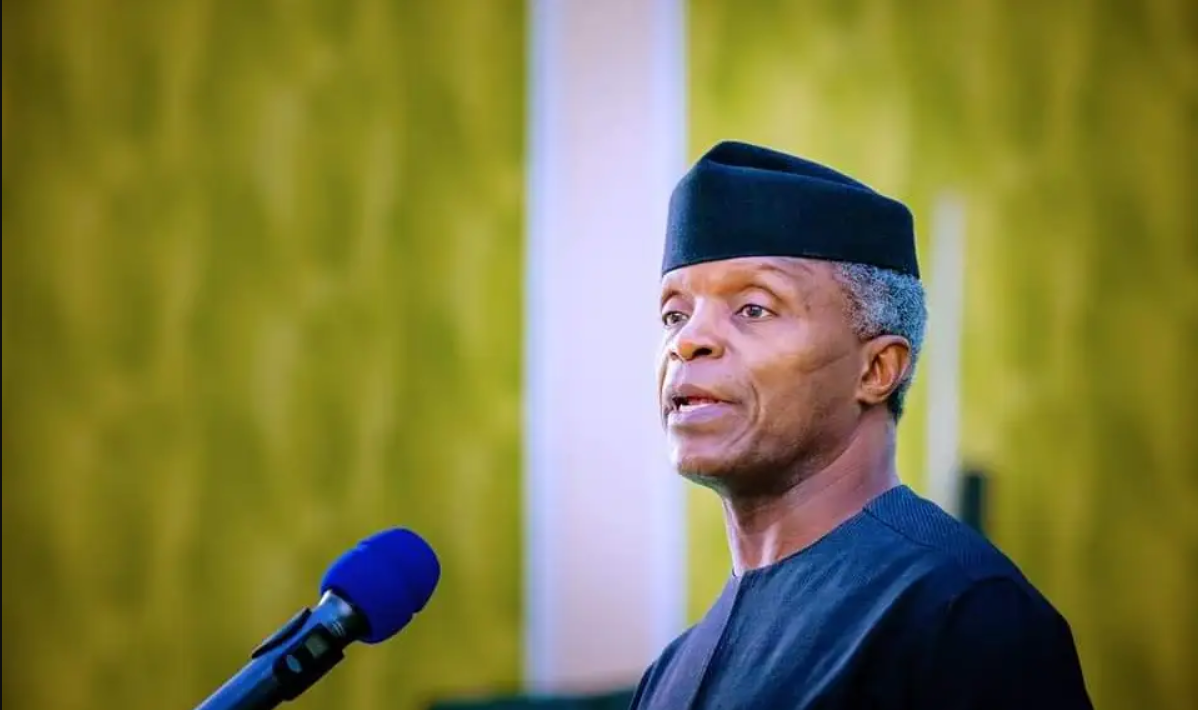The founder of Afe Babalola University, Ado-Ekiti (ABUAD), Chief Afe Babalola (SAN) has cautioned the federal and state governments against the proliferation of universities, stressing that the existing ones were underfunded and lacked the requisite facilities to offer quality education.
He stated this on Friday at ABUAD on Friday, during the 10th convocation ceremony of the private university held at the Ado- Ekiti campus of the institution.
The ABUAD founder, Chief Babalola stated that the fact that the university was ranked first in Nigeria and 321 globally by Times Higher Education Impact Ranking, signposted that something good and meritorious can still happen in Nigeria.
He warned the federal and state governments against the proliferation of universities when the existing ones were underfunded and lacked the requisite facilities to offer quality education.
Babalola said: “The future of this country is certainly in private universities. By the time ABUAD was founded in 2009, there were only 33 private universities in Nigeria.
“But between 2009 and now, we have 77 private universities. The strict conditions like a conducive learning environment, provision of teaching facilities, structures, laboratories, libraries, and qualified personnel with which ABUAD was subjected to were no longer there anymore.
“What we have mainly today seem to be constituency projects to satisfy the yearnings of some governors and legislators.
“It is inconceivable that a newly established private university is allowed to run Medicine, Engineering, and Law in the first year. We should not allow the undue proliferation of private universities to destroy the quality and functional education.”
Babalola said the university had expended a total of N1,149,500,000 billion to power scholarships for students and staff, describing these as needed to motivate them to give their best in their services to the nation.
The Legal Luminary disclosed that the university had offered training to about 1,000 students in Nigeria and the Republic of Benin in agric-based vocations and 894 of them had been provided with start-off facilities to checkmate unemployment and the attendant crimes.
He urged the youths to work assiduously and halt the drift in the education standards in the country, saying no nation progresses beyond the qualities of its productive population.
TheNewsGuru.com (TNG) reports that the former Governor of Ekiti State, Engr Segun Oni, the Shehu of Borno, Alhaji Garba El-Kanemi, and a legal Icon, Chief Mike Ozekhome (SAN), were garlanded with Honourary Doctoral degrees of the prestigious citadel of learning.

